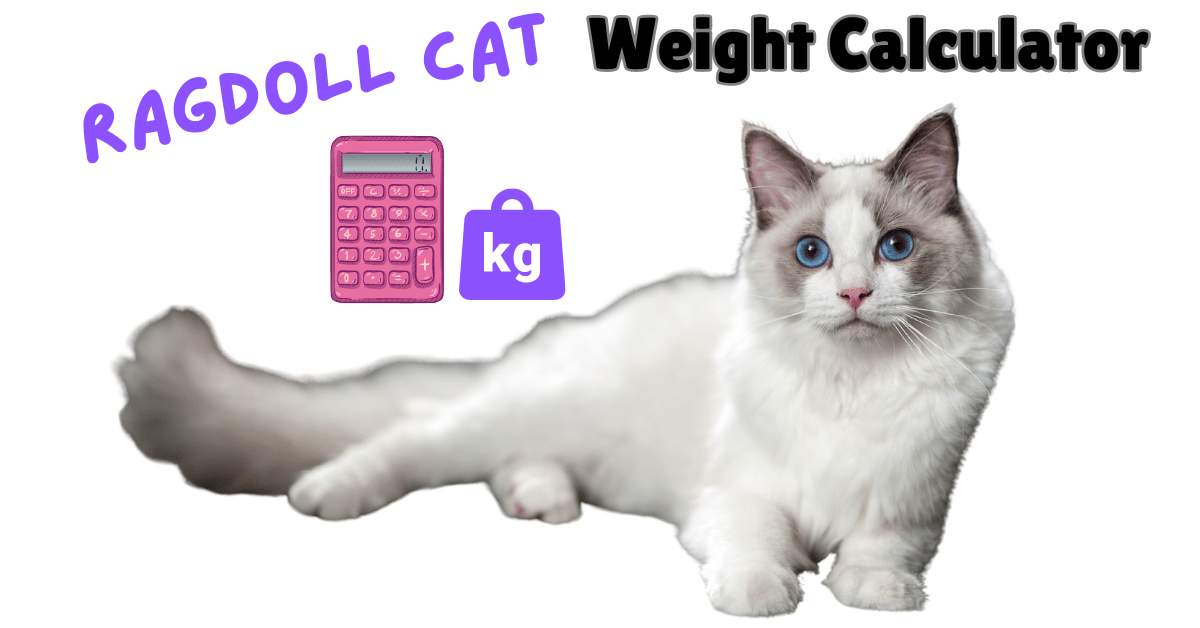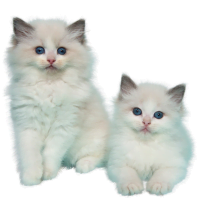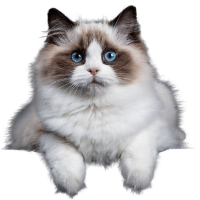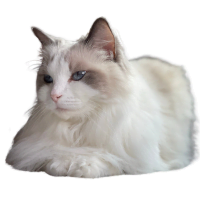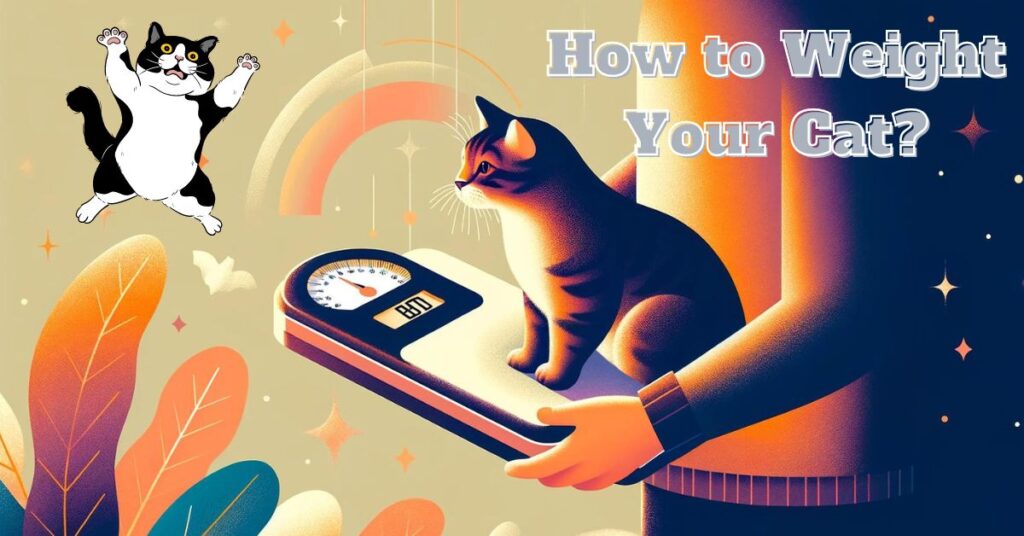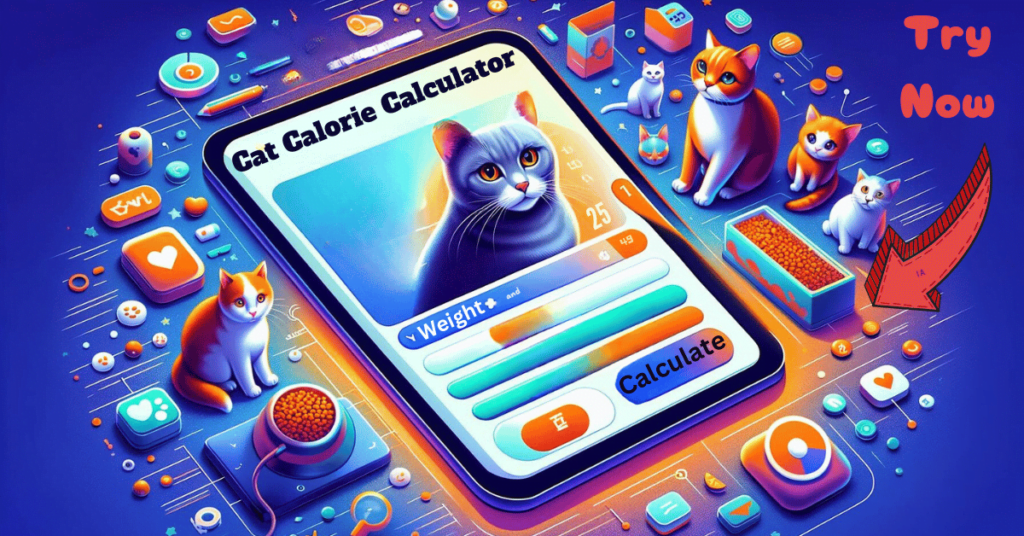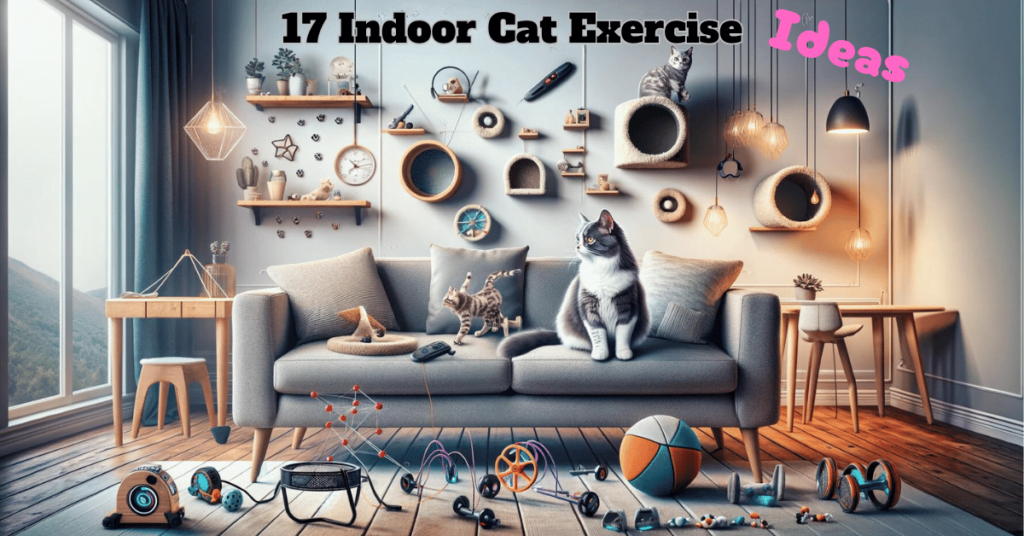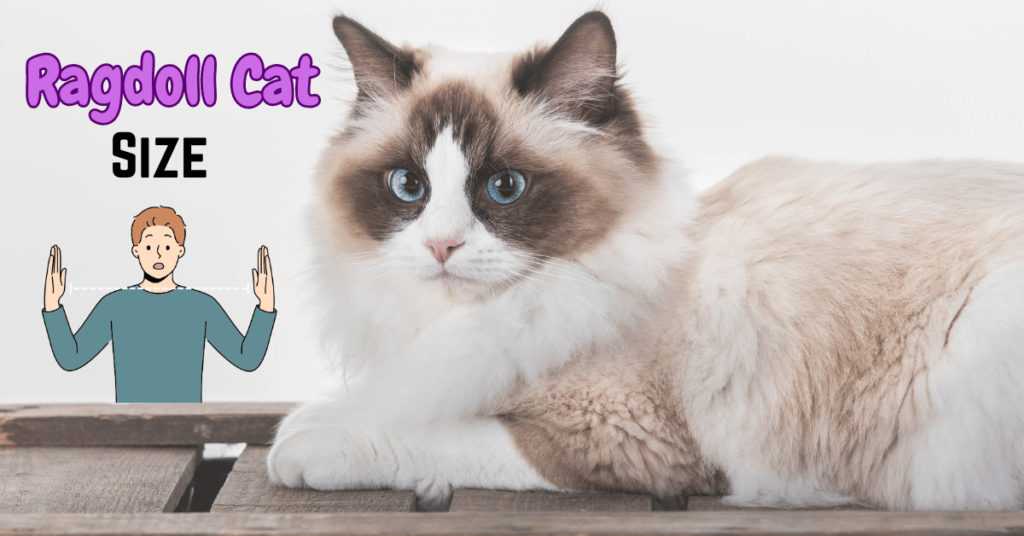This post contains affiliate links and I will be compensated if you make a purchase after clicking on my links.
How to Use the Ragdoll Cat Weight Calculator
- Select Gender: Choose the gender of your Ragdoll cat by clicking on either the “Female” or “Male” option.
- Enter Age: Input your cat’s age in weeks, months, and/or years using the respective fields. You can enter any combination of these units.
- Calculate Weight: Click on the “Calculate” button to get your Ragdoll cat’s estimated weight range based on age and gender.
Ragdoll Cat Weight Calculator
Ragdoll Cat Weight Guide: What to Expect as They Grow
Ragdoll Kitten Weight
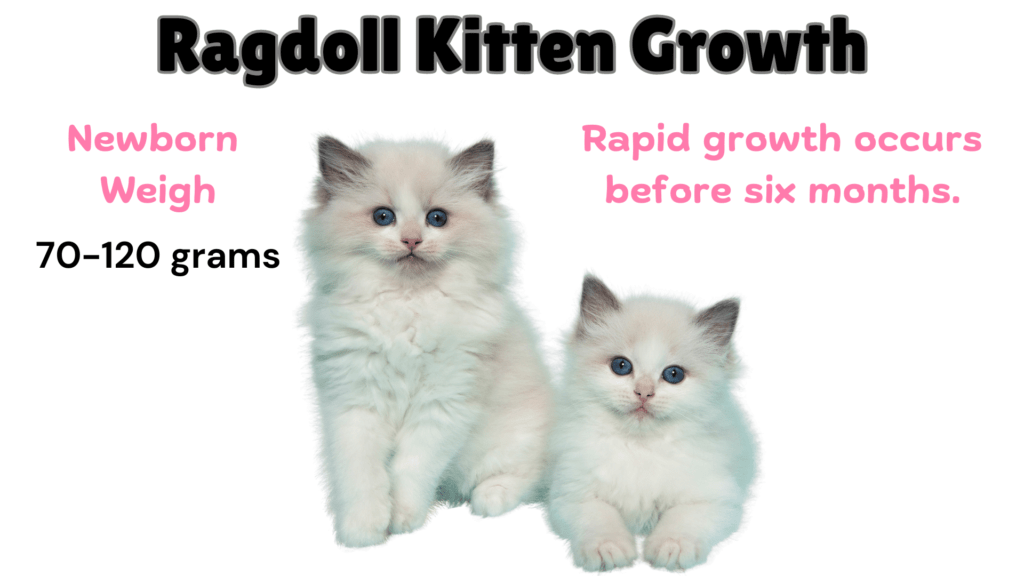
Ragdoll kittens begin their life weighing between 0.15-0.27 lbs (70-120 grams) at birth, embarking on a journey toward becoming large, majestic cats. The most intense period of growth occurs before they reach six months of age.
Starting at five months, these kittens experience significant growth spurts, with an expected monthly weight gain of about 1 lb (500g). This rapid growth continues until they are twelve months old, when the growth rate significantly slows. Monitoring their weight gain closely during these crucial early stages ensures healthy development.
Important: If your kitten is gaining less than 0.5 pounds per month during this crucial growth period, it's advisable to consult with a veterinarian. Inadequate weight gain can indicate health issues such as malnourishment, parasites, or other illnesses that may require medical attention.
Ragdoll Adult Cat Weight
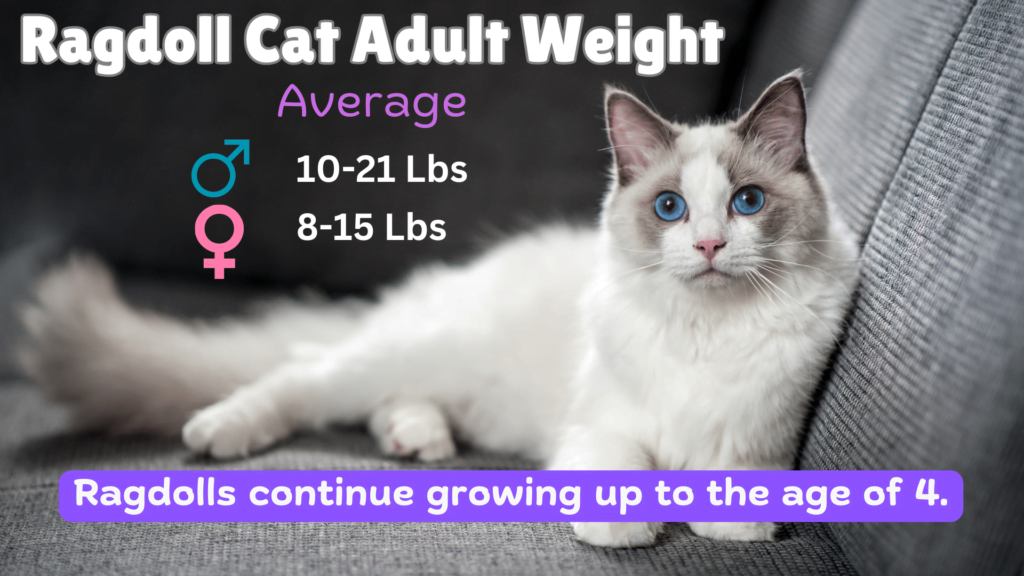
- Adult Male Ragdolls: These larger-than-life companions typically weigh 10-21 lbs. They’re among the largest in the cat kingdom, and their substantial size adds to their majestic presence.
- Adult Female Ragdolls: More petite than their male counterparts, females generally weigh 8-15 lbs. They carry all the elegance and charm of the breed within a smaller frame.
Ragdolls may not reach these weight milestones on a strict schedule. It’s common for them to continue growing until they are around 4 years old, similar to other large breeds like Maine Coons and Norwegian Forest cats.
Because Ragdolls grow in bursts, tracking their weight with a simple tool can help ensure they're on the right track. Remember, the numbers are guidelines. Regular check-ins with your vet and careful observation at home are essential to keep your Ragdoll in tip-top shape.
Why Weight and Body Condition Scores Matter for Ragdolls
While our Ragdoll cat weight calculator offers a great starting point, it's essential to understand that weight isn't the only indicator of health. Just as their personalities are unique, so are their physical forms, so pairing weight checks with the Body Condition Score (BCS) is crucial.
Why Body Condition Score is Vital
The BCS is a practical method used by veterinarians to help assess whether a pet is underweight, overweight, or just right. It involves a combination of visual checks and physical palpation to evaluate the amount of fat on key areas of a cat's body, including the ribs, waist, and abdomen.
This score typically ranges from 1 (very thin) to 9 (obese), with an ideal score hovering around 4 or 5, indicating a well-proportioned body.
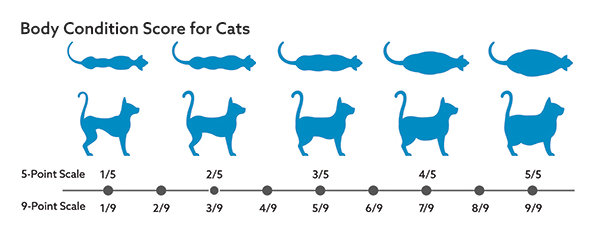
How to Check Your Ragdoll's Body Condition
- Feel the Ribs: In a healthy Ragdoll, you should be able to feel the ribs with a slight fat covering. They shouldn’t be visibly protruding, but they should be easy to feel without pressing hard.
- Look at the Waist: Your Ragdoll should have a noticeable waist between the ribs and hips. This indicates a healthy body shape.
- Examine the Abdomen: From the side, the abdomen should tuck up behind the rib cage. A sagging stomach indicates excess weight.
- Check the Spine: A prominent spine suggests underweight, while difficulty feeling the spine could indicate excess weight.
Ragdoll Cat Body Condition Table
| Body Part | Underweight | Healthy | Overweight | Obese |
|---|---|---|---|---|
| Ribs | Peaks visible; pointy to touch | Smooth with slight padding | Hidden under a fat layer | Buried under fat, unnoticeable |
| Stomach | Pronounced tuck | Slight tuck | Rounded shape | Belly close to the ground |
| Waist | Clearly defined | Visible from above | Hard to discern | Hidden by belly |
| Spine | Bony, prominent | Smooth, palpable | Cushioned; palpable with effort | Covered in fat, hard to feel |
The Importance of Regular Checks
Regularly assessing your Ragdoll’s body condition can help you catch potential health issues early. Coupling your visual and tactile assessments with our weight calculator ensures a comprehensive view of your cat’s health.
By monitoring your weight and body condition closely, you can make informed decisions about diet adjustments, healthcare, and lifestyle changes.
Key Factors Influencing Ragdoll Cat Growth and Weight
Several factors play a crucial role in the size and weight of your Ragdoll. Understanding these can help ensure your cat grows healthy and strong.
1. Neutering and Spaying
Neutering or spaying your Ragdoll can influence its growth, typically making it about 10% larger than its unaltered counterparts. This is due to changes in hormone levels affecting its metabolism and appetite.
2. Nutrition: The Building Blocks of Growth
What and how much you feed your Ragdoll tremendously impacts their growth. High-quality kitten food, rich in protein and tailored to large breeds, supports optimal growth. Overfeeding or underfeeding can lead to weight issues, so it's important to follow feeding guidelines and adjust as needed based on your vet's advice.
3. Genetic Blueprint
Like humans, DNA plays a significant part in determining how big a Ragdoll will get. Some lineages may naturally produce larger or smaller cats, so understanding your cat’s genetic background can provide insights into their expected size.
4. Environmental and Lifestyle Factors
The environment and lifestyle can also affect a Ragdoll’s growth. More active cats may have leaner physiques, while indoor lifestyles might contribute to less activity and potential weight gain. Providing opportunities for play and exercise can help them manage their weight effectively.
5. Health Status
Health issues can also impact weight and growth. Conditions like thyroid problems or other metabolic disorders can cause weight gain or loss, so regular veterinary check-ups are crucial.
Managing Your Ragdoll’s Weight: From Underweight to Overweight Concerns
Maintaining the ideal weight for your Ragdoll cat is crucial for their health and well-being. Understanding the weight spectrum—from underweight to optimal to overweight—can help you make informed decisions about their care.
Understanding Ragdoll Weight Categories
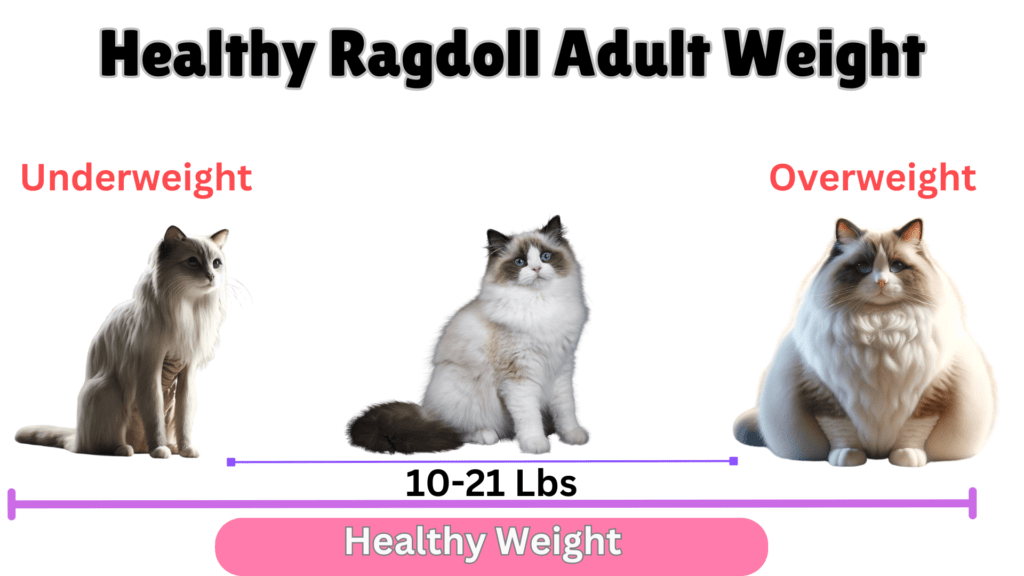
- Optimal Weight: The average weight for an adult Ragdoll hovers around the 15-pound mark. This weight range indicates a healthy, well-maintained cat, reflecting a balanced diet and regular activity.
- Underweight Concerns: If your Ragdoll weighs significantly less than 10 pounds as an adult, it falls underweight. This might be due to insufficient diet, malabsorption, or underlying health issues.
- Overweight Risks: Conversely, a Ragdoll that tips over 21 pounds may be considered overweight, especially if no muscle tone is evident and fat covers much of the body frame. Overweight cats are at risk for a host of health issues, including diabetes, joint pain, and heart disease.
Steps to Manage Ragdoll Cat Weight
- For Underweight Cats: Increase caloric intake with high-quality, nutrient-rich foods. Frequent, smaller meals can also help boost weight gain. Cats have small stomachs, so eating large meals can be uncomfortable. Smaller portions are easier for them to finish,
- For Optimal Weight Maintenance: Continue a balanced diet and regular physical activity. Keep a consistent feeding schedule and conduct periodic health check-ups.
- For Overweight Cats: Gradually reduce portion sizes and switch to low-calorie cat food as your vet advises. Incorporate more play and activity into their daily routine to help shed the extra pounds safely.
Final Thoughts on Your Ragdoll's Weight Journey
Our Ragdoll Cat Weight Calculator is vital to a holistic health routine. Tracking your Ragdoll’s weight and vigilantly observing for symptoms of other health conditions ensures a well-rounded approach to maintaining its health and happiness.

